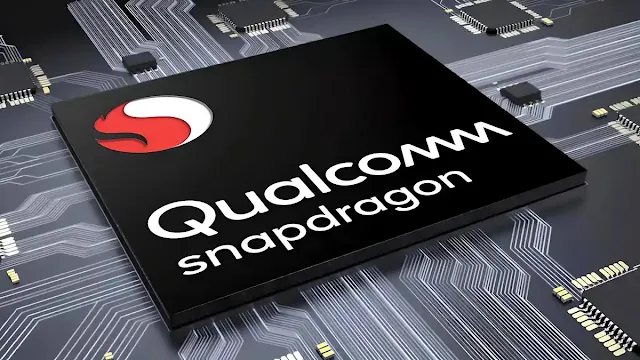Snapdragon 8 Gen 4 May Adopt LPDDR6; Apple A18 Pro to Likely Feature LPDDR5T
The upcoming Snapdragon 8 Gen 4 mobile processor from Qualcomm could be a
game-changer, packing potentially faster memory than its competitors.
According to a recent report, the chip might be one of the first to support a
new type of memory called LPDDR6. This could give smartphones powered by the
Snapdragon 8 Gen 4 an edge in performance, especially for tasks involving
artificial intelligence (AI).
LPDDR6 vs. LPDDR5T: A Battle of Memory Speeds
LPDDR stands for Low-Power Double Data Rate, a type of memory specifically
designed for mobile devices. The number following LPDDR (like 5 or 6)
indicates the generation, with each new generation offering improvements in
speed and efficiency. LPDDR6 is expected to be significantly faster than the
current LPDDR5 standard, allowing data to flow more quickly between the
processor and memory.
 |
| Qualcomm Snapdragon 8 Gen 4 |
Here's a quick breakdown:
- LPDDR6: Faster speeds, potentially better suited for demanding AI tasks on smartphones. (Availability might be limited in 2024)
- LPDDR5T: Currently the fastest available RAM in smartphones, offering speeds of up to 9.6 Gbps.
Apple's A18 Pro Likely Sticking with LPDDR5T:
Reports suggest Apple's upcoming A18 Pro chip, expected to power the next
iPhone, might rely on the tried-and-tested LPDDR5T memory. However, there are
rumors that Apple is exploring alternative solutions for on-device AI tasks,
such as storing large language models (LLMs) on NAND flash memory. This could
potentially allow iPhones with less RAM to compete with devices boasting
faster memory.
Uncertainly Surrounds LPDDR6 Availability:
While LPDDR6 promises better performance, there are concerns about its mass
production this year. The report suggests there might be challenges that could
delay widespread availability until 2025. This means even if Qualcomm
integrates LPDDR6 into the Snapdragon 8 Gen 4, it might not be a common
feature across all devices using the chip.
Final Thoughts:
The battle for mobile supremacy continues on the memory front. Qualcomm's
rumored adoption of LPDDR6 could be a significant leap forward, particularly
for AI applications. However, with production hurdles and Apple's potential
alternative solutions, it's still unclear which approach will reign supreme.
Consumers will likely have to wait until the official launch of these new
chipsets to see how this memory race plays out.
(Source)